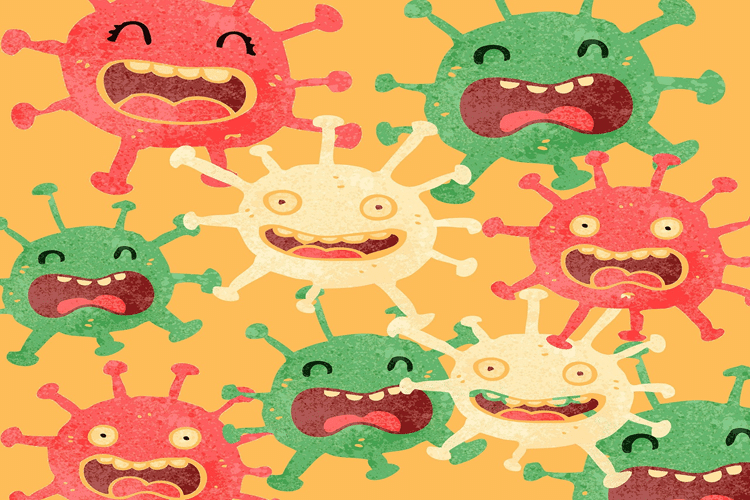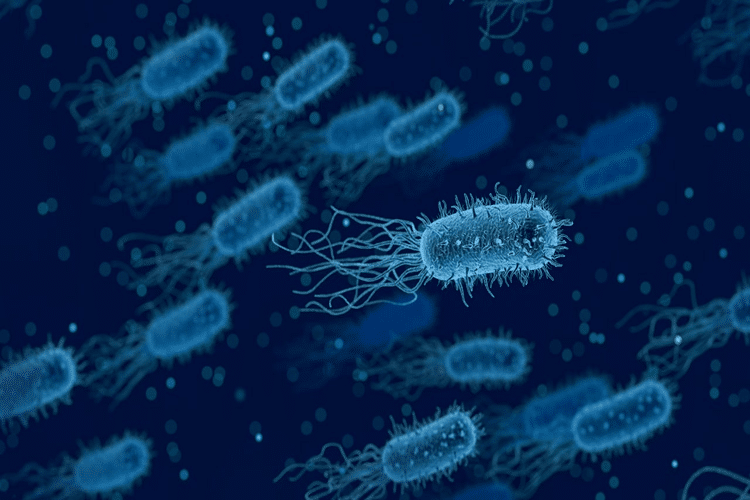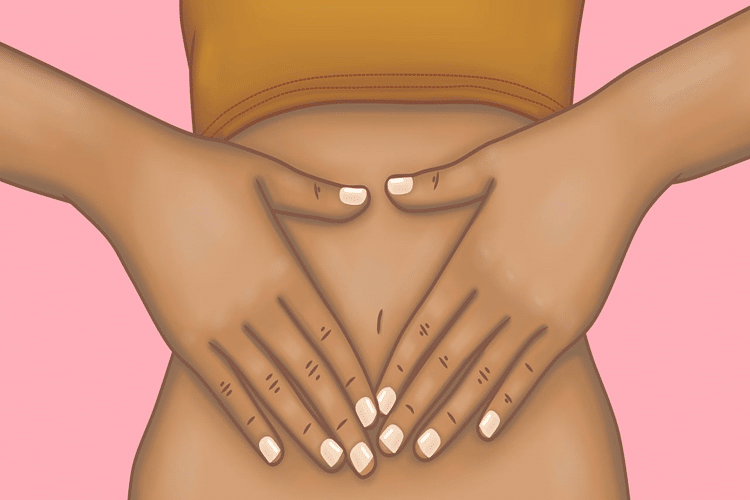
Save your Gallbladder Using this Herbal Remedy
Table of Contents
Gallstones Can Be Removed Without Surgery
The gallbladder is a small pouch that sits just under the liver. The gallbladder stores bile produced by the liver. After meals, the gallbladder is empty and flat, like a deflated balloon. Before a meal, the gallbladder may be full of bile and about the size of a small pear.
In response to signals, the gallbladder squeezes stored bile into the small intestine through a series of tubes called ducts. Bile helps digest fats, but the gallbladder itself is not essential. Removing the gallbladder in an otherwise healthy individual typically causes no observable problems with health or digestion yet there may be a small risk of diarrhea and fat malabsorption.
Symptoms of Chronic Gallbladder Problems
People can go for years with digestive symptoms and never realize that they may be related to a gallbladder problem. That’s because they are so inter-related with other digestive symptoms. Constipation is one of the most commonly missed ones. The list provided here may be related to gallbladder but bear in mind that it could also be something else. The first four on the list are most indicative of gallbladder issues. It is not necessary to have all or many symptoms to have gallbladder problems but the more you have from this list, the more confirmation you have that the gallbladder is involved.
NOTE: Consult your Health Care Professional for an accurate diagnosis.
- Pain or tenderness on the right side under the rib cage
- Pain between shoulder blades
- Stools light or chalky colored
- Indigestion, especially after eating fatty or greasy foods
- Nausea
- Dizziness
- Bloating
- Gas
- Burping or belching
- A feeling of fullness or food not digesting
- Diarrhea (or alternating from soft to watery)
- Constipation
- A Headache over eyes, especially the right eye
- Bitter fluid comes up after eating
- Frequent use of laxatives
Symptoms of Gallbladder Attack
NOTE: If you are in severe pain, and particularly if your symptoms are accompanied by fever SEEK MEDICAL ATTENTION IMMEDIATELY. The following symptoms are typical of a gallbladder ATTACK.
- Moderate to severe pain under the right side of the rib cage
- Radiating pain to the back or to the right shoulder
- Severe upper abdominal pain (biliary colic)
- Nausea
- Queasiness
- Vomiting
- Gas
- Burping or belching
- Attacks are often at night
- Attacks often occur after overeating
- Pain often but not always follows a meal that includes fats or grease
- Pain may be worse with deep inhalation
- Attacks can last from 15 minutes to 15 hours.
Symptoms of Gallstones
Symptoms of a gallbladder attack are often caused by gallbladder stones. A stone may block the neck of the gallbladder or get stuck in a bile duct inhibiting the flow of bile or possibly causing a back-up of bile. However, short of causing an actual attack, stones may be present for years and never cause any symptoms at all. Biliary pain can occur in about a third of the gallstone patients (which leaves two-thirds NOT experiencing pain) and sometimes the gallstone symptoms are difficult to differentiate from that of dyspepsia. The gallstones can impair the functioning of the gallbladder, however, which can result in any of the common gallbladder symptoms.
Gallbladder symptoms can look and feel the same with or without stones. Therefore, all of the symptoms listed on this page can accompany gallstones and gallstones can also be asymptomatic meaning you do not have any symptoms. These are called silent gallstones.
Symptoms of Gallstones in This Case of Known Gallstones Try This
- Drink 1/2 cup of Olive Oil, with the juice of 1 Whole Lemon midway between breakfast and lunch.
- Chug-a-lug this mixture and lay down immediately as severe nausea often occurs when the gallbladder constricts to expel gallstones.
- Repeat procedure once a day for up to four days in the case of serious gallstone accumulation.
- Stop the procedure when nausea no longer occurs as this indicates gallstones are no longer present.
Expelled gallstones may appear in the stool as small flat disks.
NOTE: Meat eaters tend to have issues with the appendix. Vegetarians tend to have issues with the gallbladder.






